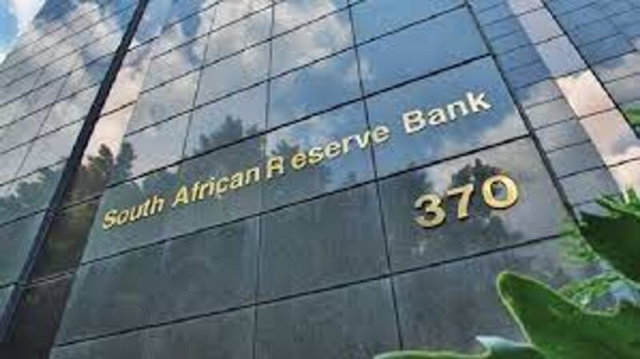The increase of the repo rate to 4.25% announced by the Monetary Policy Committee (MPC) of the South African Reserve Bank is expected to hit South Africans hard, prompting experts to share some advice that might cushion the blow.
THE INCREASE of the repo rate to 4.25% announced by the Monetary Policy Committee (MPC) of the South African Reserve Bank is expected to hit South Africans hard, prompting experts to share some advice that might soften the blow.
Trade union United Association of South Africa (Uasa) spokesperson, Abigail Moyo, said: “The widely expected repo rate increase of 25 basis points to 4.25% will weigh heavily on workers paying off home loans and other debts.
“South Africans already struggling to keep up with massively high fuel prices and an increasing Consumer Price Index (CPI), will have to drain their pockets to manage their expenses.
“For many trying to build a nest egg has become a vague dream. For the jobless, life is a continued and never-ending nightmare. This is the third consecutive increase of 25 basis points, with at least two more predicted for this year.”
“Uasa encourages its members and all workers to have a tight budget, keeping in mind the effects of inflation and increased interest rates on their disposable income. Keeping a tight budget is essential for all workers.”
Darryl Adriaanzen, African Bank group executive: operations, added that the effects would largely be limited to high-ticket, longer-term finance with variable rates, like vehicle finance and home loans.
“The good news for current personal loan customers is that these loans have fixed rates, so repayments on existing loans will not be impacted by the change,” he said.
Adriaanzen says there would also be an impact on credit card or revolving loan repayments at variable interest rates, although this impact might well be marginal if your outstanding balance is small.
He provides consumers with the following advice:
∎ In an increased interest rate environment, you really need to look at credit and store card deb, and not allow spending to get out of hand on these. If you have the means to pay off your debt further, this will be beneficial in minimising the impact of these changes on your monthly budget and spend.
∎ If you are not able to meet your payment obligations, rather reach out for the various support options that are available early. This includes getting in touch with your creditors to explain your situation and get information on what options you may have to manage the situation, as well as the option of assistance from reputable debt counsellors.
∎ If you are able to save in a high interest rate environment, your savings are likely to yield better interest, so it is worthwhile doing your homework and checking which banks have the highest savings and investment interest.








